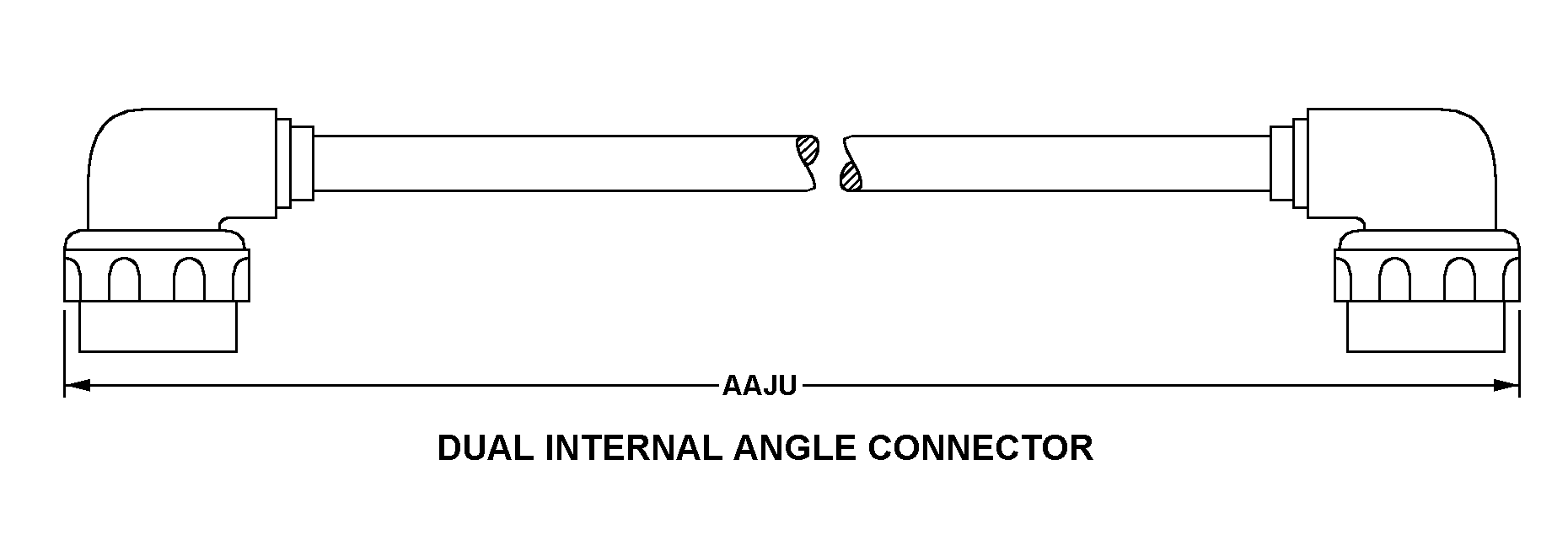6150004622501
Price Quote Get an up to date pricing and availability quote for this product. Order online or over the phone.
Quality Commitment
Serving our customers with quality and safety first.
- AS9120 Certified
- Audited supply chain
- ITAR Registered
- DDTC Registered
- HAZMAT Certified
- Customer service objectives
- Every product 100% inspected

6150-00-462-2501 Specification Set by the OEM (see RNCC code 3)
round
140.750in.
connector plug both ends all conductors
8
19 all conductors
stranded all conductors
19 awg all conductors
32 all conductors
8 singles
MS3126E12-10S 2nd end all conductors
96906 both ends all conductors
white 1st position cover all conductors
plastic 1st position jacket cable
QQ-W-343, soft fed spec single material response core conductor all conductors
tin core conductor all conductors
dual internal angle connector
launching station guided missile SEMI-Trailer mounted
Cross Reference Parts Part numbers that meet the specification outlined on this page and set by the OEM
Identification Item Identification Guide (IIG) and Item Name Code (INC)


Definition Definition of approved item name (AIN): "CABLE ASSEMBLY,SPECIAL PURPOSE,E"
A definite continuous length of cable, special purpose, electrical, having one or more ends processed or terminated in fittings which provide for connection to other items. Excludes items having branches or forks. Excludes lead, test and cable and conduit assembly, electrical.
6150-00-462-2501 Material Hazmat, Precious Metals, Criticality, Enviroment, and ESD
Indicates there is no data in the hmirs and the nsn is in a fsc not generally suspected of containing hazardous materials.
Item does not contain precious metal.
Represents items with no adp components
The item does not have a nuclear hardened feature or any other critical feature such as tolerance, fit restriction or application.
Identification Codes
HMIC: Hazardous Material Indicator Code. A one position code that identifies a hazardous item.
PMIC: Precious Metal Indicator Code. A one position code which identifies items that have precious metals as part of their content. precious metals are those metals generally considered to be uncommon, highly valuable, and relatively superior in certain properties such as resistance to corrosion and electrical conductivity.
ESD: Electrostatic Discharge. Indicates if an item is susceptible to electrostatic discharge or electromagnetic interference damage. electrostatic discharge damage occurs when an accumulation of static electricity generated by the relative motion or separation of materials is released to another item by direct contact. electromagnetic interference damage occurs when an item comes into proximity with an electrostatic or magnetic field.
ENAC: Enviromental Attribute Code. Identifies items with environmentally preferred characteristics.
CRITL: Criticality Indicator Code. Indicates an item is technically critical by tolerance, fit, application, nuclear hardness properties, or other characteristics.






